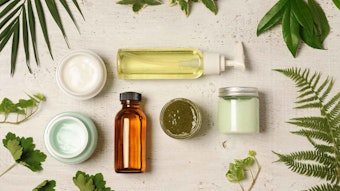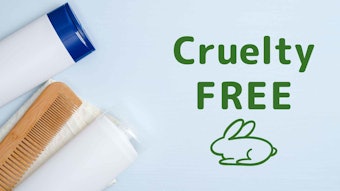Claims on the product labels consumers rely on daily when making a purchase may be misleading, according to research done by WSB-TV Atlanta. The station consulted dermatologist Oanh Lauring to find out the truth behind the phrases “dermatologist recommended, skin organics and hydrating,” which appear on cosmetic product labels. What the station found out about product label claims caught them by surprise.
"There's no governing body requiring (cosmetics makers) to show any kind of data, whether one dermatologist tested it or a bunch of them tested it, or how it was tested," explained Lauring. Lauring further clarified that “dermatologist recommended,” is probably based on a product survey, and one or many dermatologists could have endorsed the product. Lauring also added that “hydrating” on a product label simply means that the product seals in already present skin moisture. In addition, when a product reads “skin organics”, according to Lauring, the phrase has little meaning.
Instead of consumers believing what they’re seeing, Lauring recommends that they reference the ingredient list on the back of the product. There the consumer can find ingredients listed in order of amount, the largest being listed first. Lauring suggests buying a good sunscreen and a product with retinol in it.
Although some cosmetic and skin care products may falsely claim to deliver results, there are still those are true to their label. Without strict regulation on product labels, it is difficult to decipher the true from the misleading. What is clear, however, is the effect that misleading product labels have on the industry. Misleading products may negatively affect products that are true to their label. Likewise, until claims on product labels are regulated, those in charge of packaging a product may remain weary of the words they post on a label, as telling the truth may not matter.










